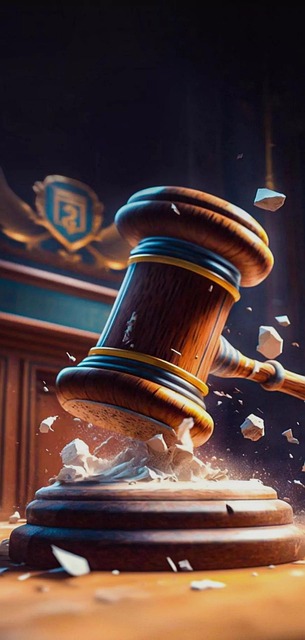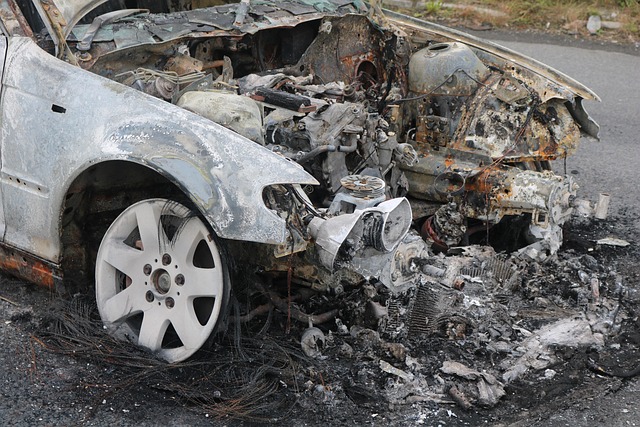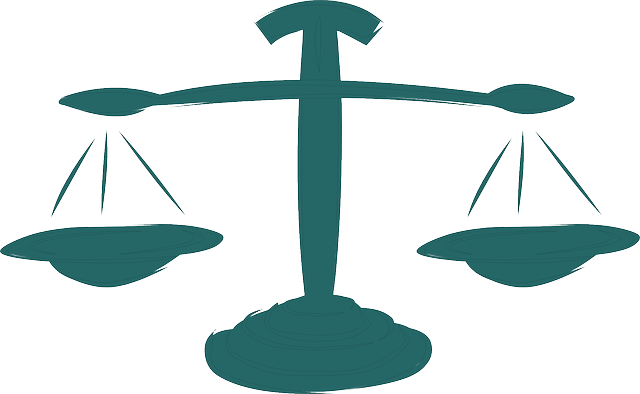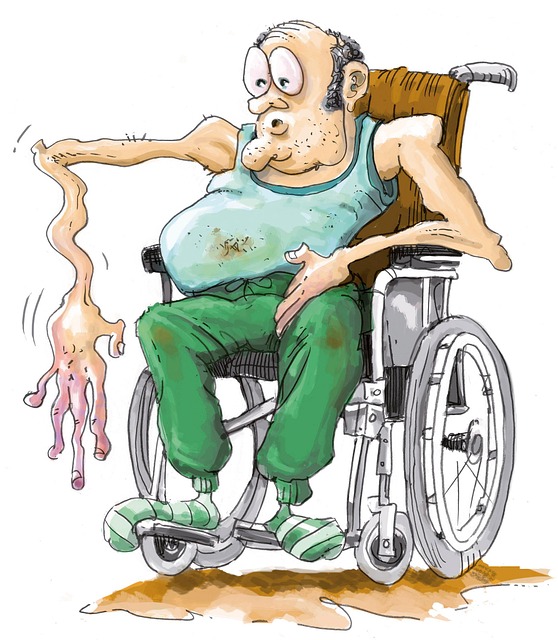Slip and fall incidents, common causes of personal injury, can lead to compensable damages. Effective documentation—photos, witness info, medical records—is crucial for proving negligence and determining outcomes, often more important than in car accidents or wrongful death claims. Gathering critical evidence, including detailed records of communications and comprehensive documentation like medical bills and photos, strengthens legal arguments and enhances the likelihood of securing appropriate slip and fall compensation.
Slip and fall incidents can lead to severe injuries and significant financial burdens. If you’ve experienced such an accident, understanding your legal rights and gathering comprehensive documentation are crucial steps toward winning slip and fall compensation. This article guides you through the process, from comprehending the legal implications of these incidents to prioritizing evidence collection and recognizing the pivotal role of documentation in securing the compensation you deserve.
- Understanding Slip and Fall Incidents and Their Legal Ramifications
- Gathering Essential Evidence to Support Your Claim
- The Role of Documentation in Securing Slip and Fall Compensation
Understanding Slip and Fall Incidents and Their Legal Ramifications
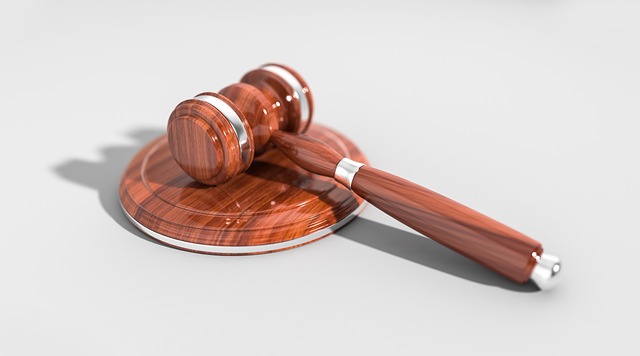
Slip and fall incidents are a common cause of personal injuries, often resulting in compensable damages. Understanding these accidents is crucial when navigating the legal system for slip and fall compensation. These incidents can occur anywhere—from slick floors in a grocery store to uneven sidewalks or poorly maintained properties. When an individual slips, falls, and sustains injuries due to another party’s negligence, it becomes a legal matter.
The ramifications extend beyond physical injuries; they impact one’s financial stability and overall well-being. Documenting the incident is vital for any potential legal action. This includes taking immediate photos of the hazard, gathering contact information from witnesses, and obtaining medical records detailing the extent of the injuries. Proving negligence in a slip and fall case often relies on these pieces of evidence, which can significantly influence the outcome, especially when compared to similar cases involving car accident injuries or wrongful death claims, where a truck accident attorney might be involved.
Gathering Essential Evidence to Support Your Claim
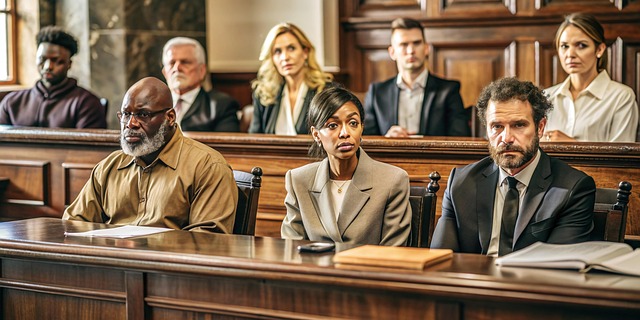
Gathering essential evidence is paramount when pursuing slip and fall compensation. To strengthen your claim, document every detail of the incident – from the date, time, and location to the specific conditions that led to the fall. Take clear, concise photographs of the hazardous condition(s) that caused your fall, as well as any resulting injuries. Additionally, collect statements from witnesses who observed the event; these accounts can serve as powerful corroboration.
Medical records are another crucial component, documenting both your initial treatment and any ongoing care related to serious injuries sustained in the fall. In cases involving breach of fiduciary duty or contract disputes – for instance, if the slip and fall occurred on private property due to negligence – keep detailed records of all communications with the responsible party or their representatives. These documents can help demonstrate negligence and the extent of your losses, increasing your chances of securing appropriate slip and fall compensation.
The Role of Documentation in Securing Slip and Fall Compensation
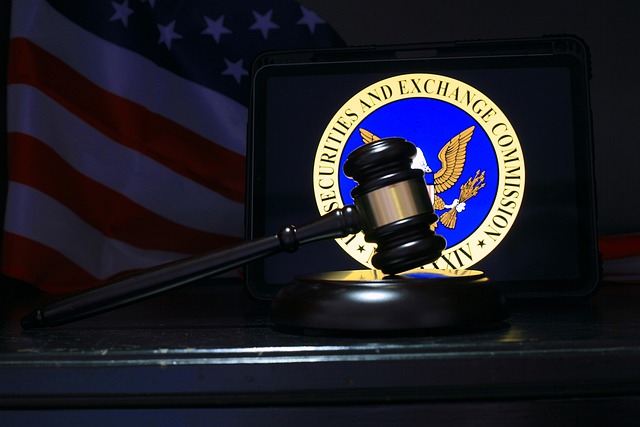
In slip and fall compensation cases, documentation plays a pivotal role in securing fair restitution for victims. When an individual sustains injuries due to a dangerous condition on someone else’s property, having thorough and compelling evidence is essential to build a strong legal argument. This includes detailed records of medical treatments, bills, and any other expenses incurred as a result of the accident. Additionally, photographs of the hazardous condition that caused the fall, as well as witness statements, can significantly strengthen a personal injury claim. These documents not only prove the extent of the injuries but also establish liability on the part of the property owner or manager.
Moreover, proper documentation can help navigate complex employment disputes where an accident occurs during work hours. In such cases, it’s crucial to maintain records of all communications with employers and insurance providers, as well as any policies or procedures related to workplace safety. Similarly, for auto accident lawyers dealing with slip and fall cases, having comprehensive documentation enables them to present a compelling case in court, ensuring their clients receive the compensation they deserve for their injuries and associated losses.
When pursuing slip and fall compensation, proper documentation is key. By gathering essential evidence and meticulously recording every detail, victims can strengthen their claims and increase their chances of securing fair compensation. Understanding the legal implications and role of documentation is crucial in navigating this process successfully.
